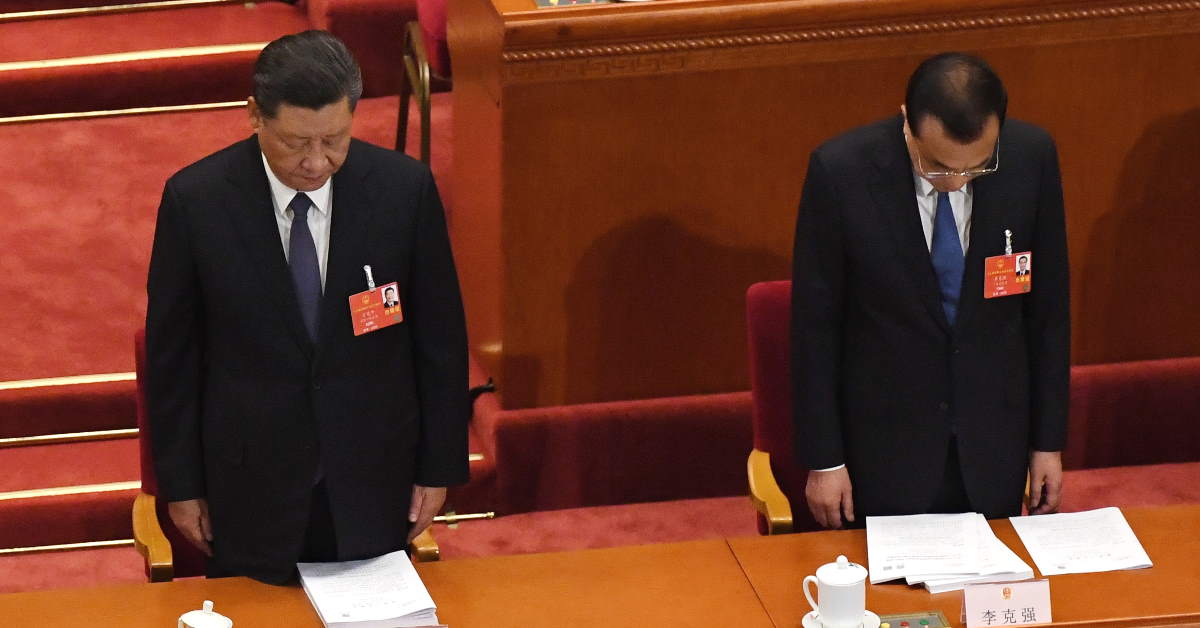China said Sunday that relations with the United States (US) were "on the brink of a new Cold War", fuelled in part by tensions over the coronavirus pandemic that has killed nearly 350,000 people worldwide and pitched the global economy into a massive downturn.
Fresh tensions between Beijing and Washington emerged as Muslims around the world celebrated an end to the holy month of Ramadan muted by virus restrictions and as more European nations prepared to further ease their lockdowns.
Globally more than 5.3 million people have been infected by the virus, which most scientists believe jumped from animals to humans – possibly at a market in the central Chinese city of Wuhan, where the pandemic emerged in December.
The origins of the virus and China's response have become highly politicised, with US President Donald Trump accusing Beijing of a lack of transparency, and pushing the theory that it may have leaked from a Chinese maximum-security laboratory.
Chinese Foreign Minister Wang Yi said Washington had been infected by a "political virus" to continually attack China, but added the country would be open to an international effort to find the coronavirus source.
"It has come to our attention that some political forces in the US are taking China-US relations hostage and pushing our two countries to the brink of a new Cold War," Wang told a press conference at China's week-long annual parliament session.
Wang blasted what he called efforts by US politicians to "fabricate rumours" about the virus origin and "stigmatise China".
While European nations initially among the hardest hit have started to ease lockdowns in a bid to salvage economies and lifestyles, other countries such as Brazil, where deaths have surged, are emerging as new centres of the pandemic.
Hundreds of millions of Muslims around the world were celebrating the Eid ul-Fitr holiday, marking the end of the Islamic fasting month of Ramadan, with Islam's two most important mosques still closed to worshippers in Mecca and Medina.
Close To 100,000 Dead
At the same time, churches were reopening in some countries, Spain's football league announced it would kick off again on 8 June, and thousands flocked to beaches in the US, where lockdowns and social distancing have become rights issues that have split communities.
But in Britain, Prime Minister Boris Johnson, who recovered from the virus himself after intensive care, on Sunday faced increased pressure to sack top aide Dominic Cummings who was accused of twice breaching his government's own lockdown rules.
In the US, where the death toll is highest in the world nearing 100,000, Trump has aggressively pushed to reopen the economy, defying the advice of health experts.
He sent a signal of his intentions by playing golf Saturday – his first round since 8 March.
But the New York Times marked the grim US toll on Sunday with a memorial on its front page carrying one-line obituaries for 1,000 victims.
"The 1,000 people here reflect just one percent of the toll. None were mere numbers," the newspaper said.
The US economy has shed almost 40 million jobs this year and many companies have gone to the wall. But most states have begun easing their lockdowns and many reopened public beaches despite worries about infections. – AFP
